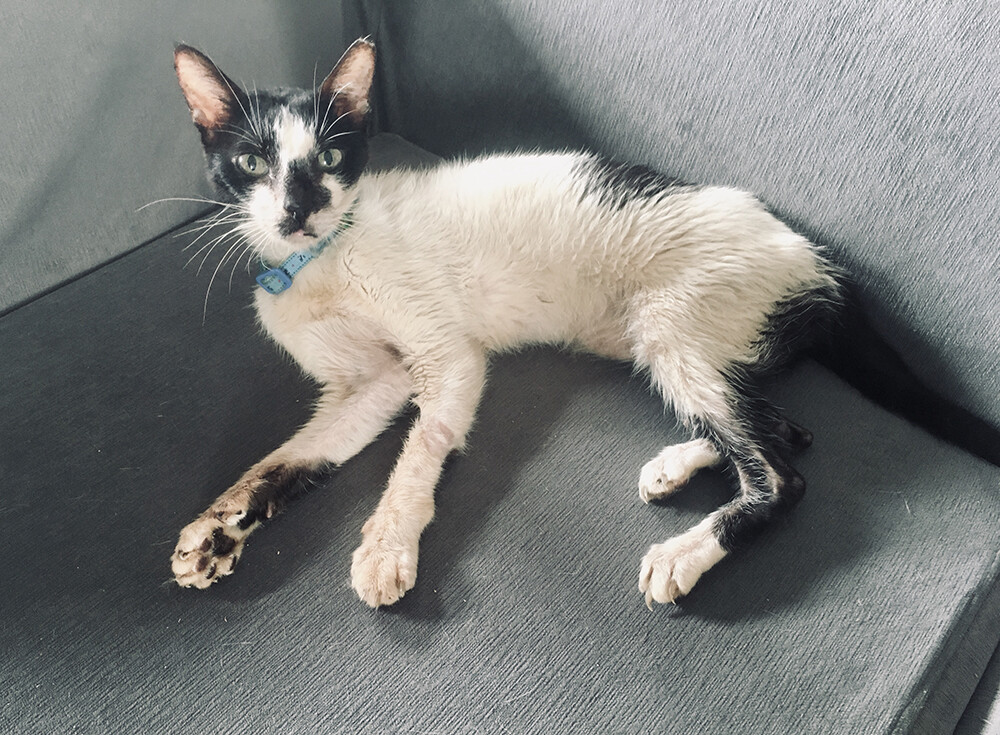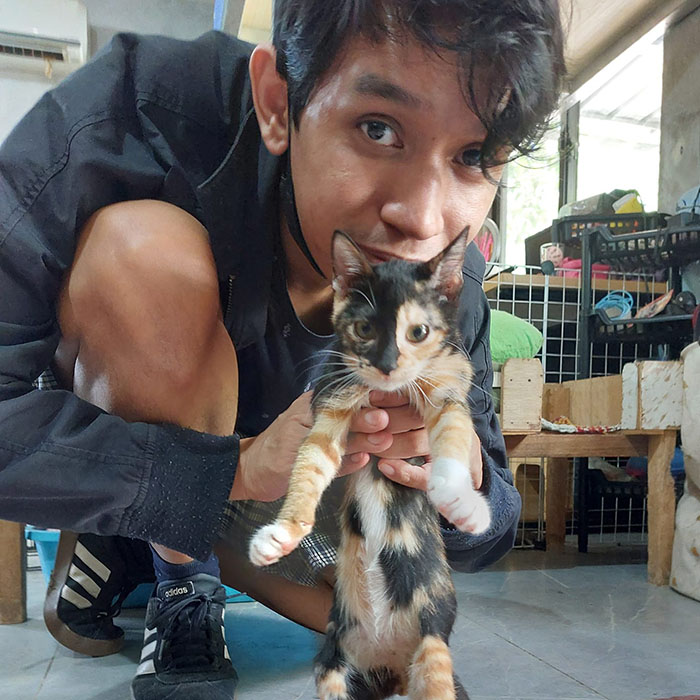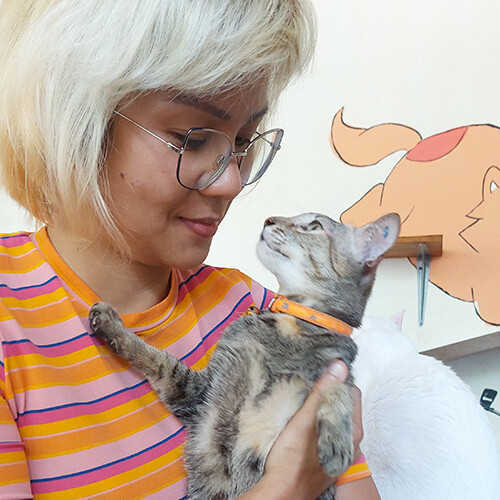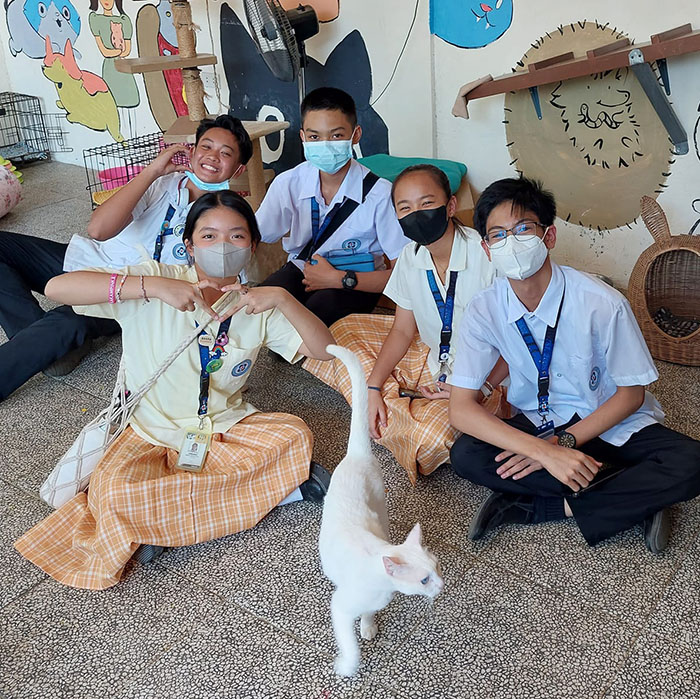In recent years, felines are considered to be senior cats between 7-10 years of age, and become elderly from 11 years onward. They live far longer than they used to because of improved diet, access to veterinary services, and at-home care. Some cats have been known to live beyond 15 years. Their needs change as they age and it’s important to know how to properly care for them to make them comfortable in their senior years.
Changes that your senior cat goes through
As a cat ages, its physiology, behavior, and susceptibility to certain diseases change significantly. Their body’s capacity to process fats and proteins decrease. Their immune system, hearing, eyesight, motor skills, and stress tolerance get weaker.
As your cat gets older, you may not notice that they tend to be less energetic and less interested in grooming or vocalizing. They may also be more irritable, and this could signal pain or illness.
Veterinary care for your senior cat
Because some of these changes are not easily detected, it’s important to have reliable veterinary care for your senior cat. Regular wellness check-ups should be scheduled to catch any issues as early as possible. Depending on your cat’s overall condition, your vet should conduct blood testing at least once or twice a year.
What to feed your senior cat
If your senior cat’s sense of smell and taste are deteriorating, they will be less inclined to eat and may require a little more persuasion. Your may encourage them to eat by trying these methods:
- Feed your cat multiple small meals during the day instead of their usual. Find a quiet feeding area to avoid distractions when eating.
- Mix and match familiar and unusual foods to catch their interest.
- Warm their food to around body temperature or slightly warmer (not too hot!)
- Experiment with the texture of their food. Some older cats prefer soft food, particularly those with dental issues, over chunks of dry food. You might try mashing their food with a little bit of water.
- Make sure your senior cat has access to plenty of water bowls around the house, particularly if they have medical concerns like chronic renal disease, which may make them more prone to dehydration.
- Choose a low-sodium, high-protein diet for your senior cat.
- With your vet’s guidance, consider commercially prepared special food that is suitable for your cat’s condition, such as a renal diet for those with chronic kidney disease.
Dental issues in senior cats
Examine your cat’s mouth often for reddening of the gums, excessive drooling, bad breath, growths, and other indicators of dental diseases. If you see any of these symptoms in your pet, your cat should immediately be checked by the vet to avoid complications like infections and complete loss of appetite.
Grooming your senior cat
Because senior cats often become less capable of grooming themselves, you may need to step in to help. You may need to clean around their eyes, nose, and anus with cotton balls or a washcloth. Matting may be an issue with long-haired cats, but make sure to brush gently since they are suffering from sores. Consider getting their fur trimmed especially around the anus.
Examine your cat’s claws regularly in case they need trimming. As cats get older, their claws are far less capable of retracting and more prone to getting entangled in carpets and furnishings.
Accessibility for your senior cat
Senior cats may find it challenging to get to their favorite sleeping spots, like your bed or a window ledge. It would help if you could modify the areas they like to rest in with ramps, stairs, and platforms. They may also require cushions to reduce pressure on their joints and sore spots. Floor mats, rugs or carpeting will keep them from slipping, losing their balance, and injuring themselves when jumping up or down.
It’s a good idea to add more water bowls around the house, not just for easy access but also to encourage them to drink more. You may also need to add more litter boxes especially if you have a large house, so that they don’t need to travel far to go potty.





